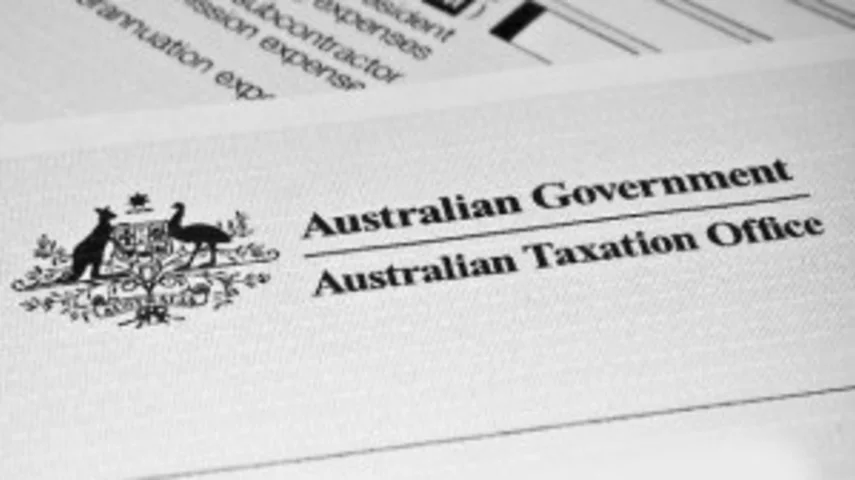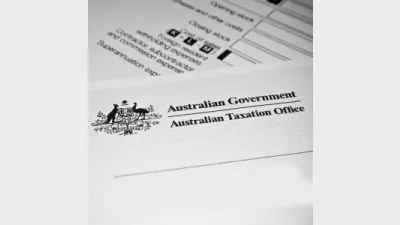ATO reacts to ‘Your Right to Know’ campaign



The Australian Taxation Office (ATO) has disputed the allegation made by the ‘Your Right to Know’ media coalition which implies that the tax office can take money directly out of people’s accounts while they were ‘not allowed to know’.
ATO’s commissioner, Chris Jordan, said that this statement was hugely incorrect and misleading.
“We do not take money from people’s bank accounts without extensively attempting to inform them first,” he said.
“This misleading statement would have you believe that we go about helping ourselves to large sums of money from people’s accounts at a whim without them knowing. This is ridiculously incorrect.”
He went on to explain that as far as debt collection was concerned, ATO always attempted to engage with taxpayers first for an extended period and offered them a chance to rectify their tax situation by paying the amounts due under the law.
On average, ATO typically attempts to contact a taxpayer 19 times before exercising garnishee powers, he said.
“We have a legal obligation to collect debts from taxpayers, however using garnishee powers, which have been part of Australian tax laws for several decades, are only ever a last resort when the taxpayer has refused to engage with us.”
Jordan also stressed that when pursuing a debt, the office would take into account all aspects of a taxpayer’s circumstances, including the payment plan offers and in the cases of serious hardship ATO would provide targeted support through debt relief options.
“The fictitious example used in the advertising campaign and associated website is alarmist and misleading,” he concluded.
“We are concerned this coverage serves only to create tension and worry for taxpayers where it did not previously exist, and perhaps even stop people from coming to us to get their tax affairs back on track.”
Recommended for you
ASIC has released the results of the latest financial adviser exam, held in November 2025.
Winners have been announced for this year's ifa Excellence Awards, hosted by Money Management's sister brand ifa.
Adviser exits have reported their biggest loss since June this week, according to Padua Wealth Data, kicking off what is set to be a difficult December for the industry.
Financial advisers often find themselves taking on the dual role of adviser and business owner but a managing director has suggested this leads only to subpar outcomes.












